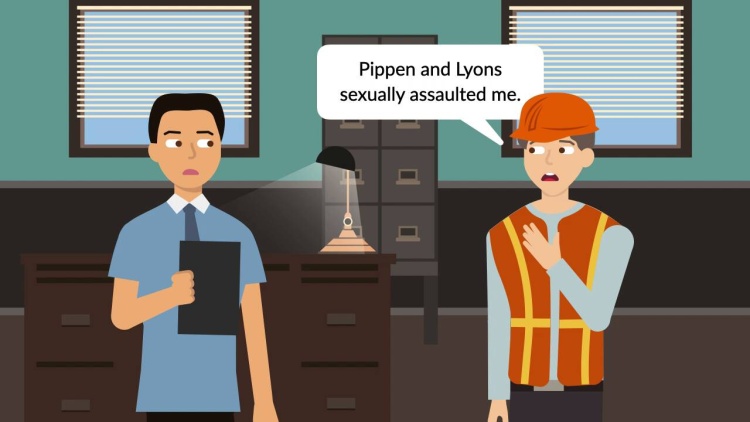Oncale v. Sundowner Offshore Services, Inc.
United States Supreme Court
523 U.S. 75 (1998)
- Written by Nan Futrell, JD
Facts
In October 1991, Joseph Oncale (plaintiff) was working for Sundowner Offshore Services, Inc. (Sundowner) (defendant) on an oilrig in the Gulf of Mexico. Oncale was part of an eight-man crew, which included John Lyons, Danny Pippen, and Brandon Johnson (defendants). Lyons and Pippen had supervisory authority over Oncale. On multiple occasions, Lyons, Pippen, and Johnson directed toward Oncale humiliating verbal abuse of a sexual nature. Pippen and Johnson subjected Oncale to physical sexual assault, and Lyons threatened to rape Oncale. When Oncale reported this abuse to a safety supervisor, the supervisor was dismissive and also made reference to Oncale’s sexual orientation. Eventually, Oncale quit his job, explicitly citing the sexual harassment and verbal abuse as his reasons for leaving. Oncale sued Sundowner, Lyons, Pippen, and Johnson, alleging sex discrimination in violation of Title VII of the Civil Rights Act of 1964 (Title VII), 42 U.S.C. § 2000e et seq. A district court granted summary judgment to the defendants based on its conclusion that there was no cause of action under Title VII, because Oncale and his co-workers were members of the same sex. The United States Court of Appeals for the Fifth Circuit affirmed. Oncale petitioned for review by the United States Supreme Court.
Rule of Law
Issue
Holding and Reasoning (Scalia, J.)
What to do next…
Here's why 907,000 law students have relied on our case briefs:
- Written by law professors and practitioners, not other law students. 47,100 briefs, keyed to 996 casebooks. Top-notch customer support.
- The right amount of information, includes the facts, issues, rule of law, holding and reasoning, and any concurrences and dissents.
- Access in your classes, works on your mobile and tablet. Massive library of related video lessons and high quality multiple-choice questions.
- Easy to use, uniform format for every case brief. Written in plain English, not in legalese. Our briefs summarize and simplify; they don’t just repeat the court’s language.





